building advice/ideas
jsewa7
11 years ago
Related Stories
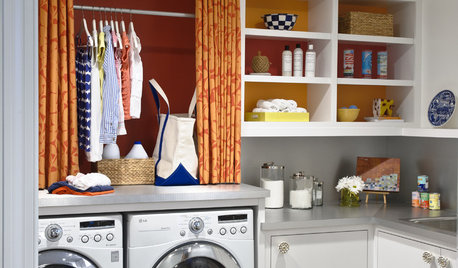
REMODELING GUIDESContractor Tips: Advice for Laundry Room Design
Thinking ahead when installing or moving a washer and dryer can prevent frustration and damage down the road
Full Story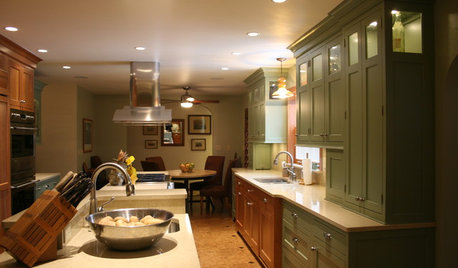
KITCHEN DESIGNSmart Investments in Kitchen Cabinetry — a Realtor's Advice
Get expert info on what cabinet features are worth the money, for both you and potential buyers of your home
Full Story
DECORATING GUIDES10 Design Tips Learned From the Worst Advice Ever
If these Houzzers’ tales don’t bolster the courage of your design convictions, nothing will
Full Story
FARM YOUR YARDAdvice on Canyon Farming From L.A.'s Vegetable Whisperer
See how a screened garden house and raised beds help an edible garden in a Los Angeles canyon thrive
Full Story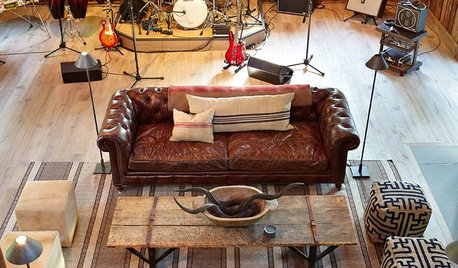
THE ART OF ARCHITECTURESound Advice for Designing a Home Music Studio
How to unleash your inner guitar hero without antagonizing the neighbors
Full Story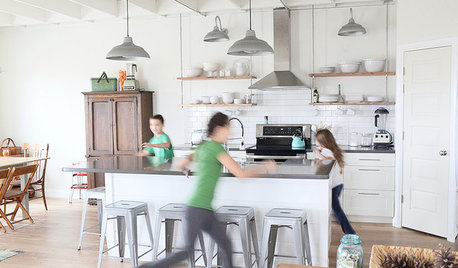
LIFEGet the Family to Pitch In: A Mom’s Advice on Chores
Foster teamwork and a sense of ownership about housekeeping to lighten your load and even boost togetherness
Full Story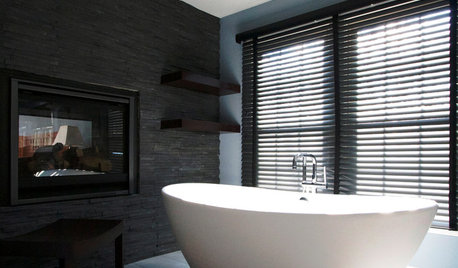
BATHROOM DESIGNDreaming of a Spa Tub at Home? Read This Pro Advice First
Before you float away on visions of jets and bubbles and the steamiest water around, consider these very real spa tub issues
Full Story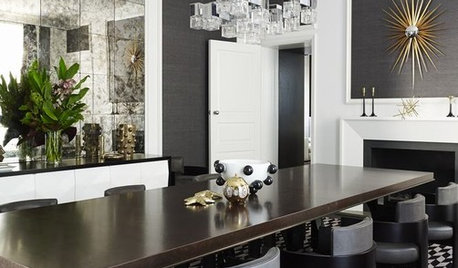
TASTEMAKERSBook to Know: Design Advice in Greg Natale’s ‘The Tailored Interior’
The interior designer shares the 9 steps he uses to create cohesive, pleasing rooms
Full Story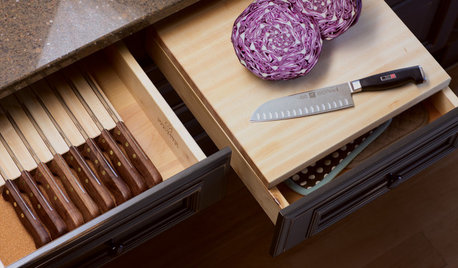
KITCHEN STORAGEKnife Shopping and Storage: Advice From a Kitchen Pro
Get your kitchen holiday ready by choosing the right knives and storing them safely and efficiently
Full Story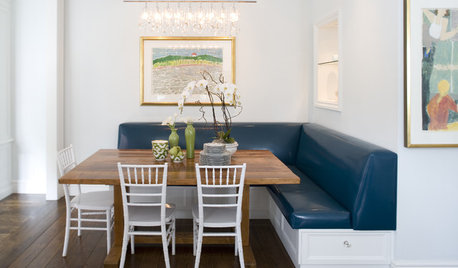
Straight-Up Advice for Corner Spaces
Neglected corners in the home waste valuable space. Here's how to put those overlooked spots to good use
Full StoryMore Discussions






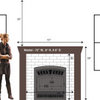



sweet.reverie
sweet.reverie
Related Professionals
Middle River Architects & Building Designers · Dardenne Prairie Home Builders · Saint Peters Home Builders · West Hempstead Home Builders · Browns Mills General Contractors · Citrus Heights General Contractors · Enfield General Contractors · Galveston General Contractors · Glenn Dale General Contractors · Los Alamitos General Contractors · Millville General Contractors · Seal Beach General Contractors · Springboro General Contractors · Stillwater General Contractors · Syosset General Contractorsshifrbv
ontariomom
live_wire_oak
zone4newby
sweet.reverie
jsewa7Original Author
mrspete
mrspete
jsewa7Original Author
zone4newby
virgilcarter
sweet.reverie
mommyto4boys
shifrbv
mrspete
mommyto4boys
shifrbv
lazy_gardens
mrspete
Iowacommute
User
bevangel_i_h8_h0uzz
virgilcarter
zone4newby
sweet.reverie
mommyto4boys
live_wire_oak